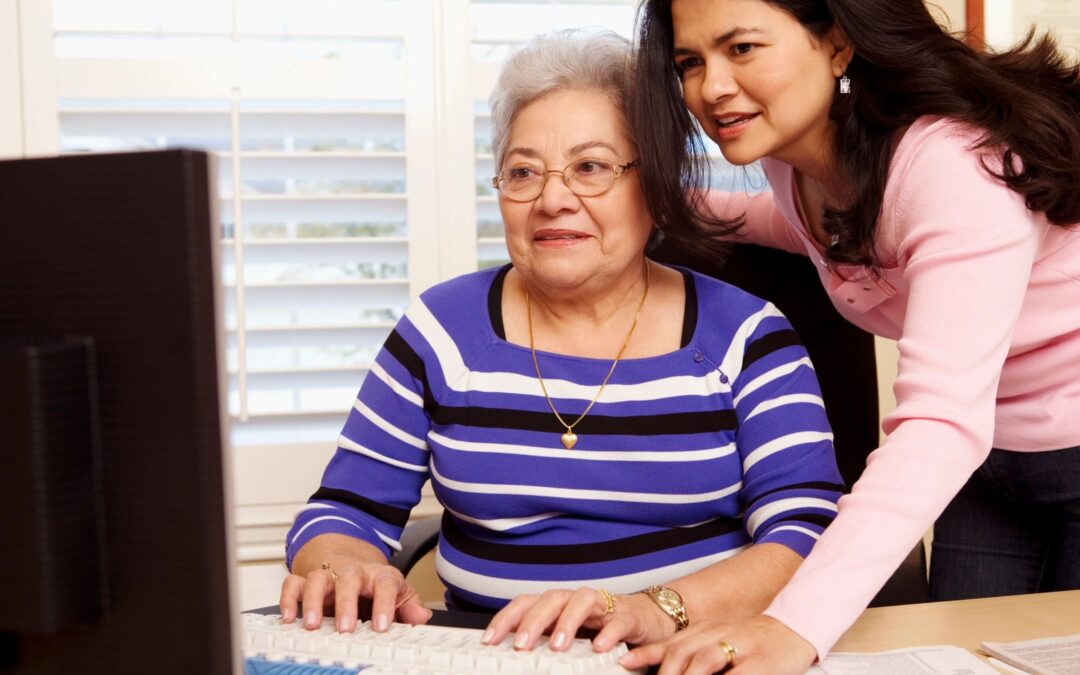Guardianship has become a prominent topic in the news with the legal battles of popular singer Britney Spears. Britney Spears’ father has complete control over her finances, health, and virtually every decision of her life. Britney Spears is not the only person who is under guardianship. Guardianship is a common practice for those who are deemed incapacitated and unable to take care of themselves. The elderly, especially, is a group that may find themselves unable to take care of themselves and in courtrooms battling a guardianship. Continue reading more to find out if guardianship is the right move for someone in your family.
What is guardianship?
Elderly guardianship is also known as elderly conservatorship. It is a legal relationship created when a court appoints a specific individuals to care for an elderly person who is no longer able to care for themselves. This appointed individual has duties and responsibilities to the elderly person that are in their best interest; this includes their financial, health, and social decisions. The appointed guardian has a duty to their elderly person to help them maintain proper hygiene, manage their finances and keep up with regular social activities.
Guardianship can be enacted for several different circumstances. Most commonly, dementia patients are court-ordered a guardian because the state of their mind and memory has lead to the decline in their ability to care for themselves. In order to keep them and their finances safe, a court may appoint someone who is petitioning for guardianship to be their guardian. The processes to guardianship is quite extensive as the state wants to ensure that guardianship is in the best interest of the individual.
How does someone become a guardian?
The process of guardianship changes everywhere. However, the general process requires someone – mostly a family member or close friend – to file a petition for guardianship through a state. This petition should state why the individual requires a guardian and why alternatives were not possible. After the court reviews these documents, there is a full investigation into the petition to ensure that they do not have any conflicts of interest and that they are upstanding citizens.
After the completion of this background check, a judge will listen to the petitions and statements of all parties and determine whether or not the elderly person lacks the ability to care for themselves. The individual who is assigned then has a list of duties that they must follow in order to ensure that they are, in deed, putting the interests of the elderly person first.
Duties of a guardian
The guardian is responsible for duty of care towards the elderly person. This means that the guardian may have to make major life decisions, as well ass day-to-day decisions for their elderly person. They may have to decide where to live, how to budget based on the elderly person’s finances and and how arrange for social and recreational contact. There are even handbooks that can help the guardian see the entire scope of their job.
Pros and cons of Elderly Guardianship
Despite the major loss of autonomy, elderly guardianship can be a positive thing, especially for those who truly pose a danger to themselves and everything they’ve worked so hard for. This ensures that they are receiving proper care and that no one is taking advantage of them. It also makes sure that if there is a medical emergency, they have someone responsible for them.
There are, however, drawbacks to this arrangement. First of all, guardianship and the process of establishing one is normally quite expensive. There are a lot of forms to fill out and there may be procedural requirements like several court hearings. If there is any opposition to elderly guardianship, like by the elder person themselves, this can delay the process as the court truly has to exam to the extent in which guardianship is truly necessary.
Guardianship also causes the elderly person to lose some or more of their rights. They may lose the ability to manage their finances or choose their caretaker. They also may lose the ability to decide where they live and of course there is the risk that the guardian will fail to act in the best interest of their elderly person. These are two sides of the same coin that are important to examine when considering guardianship. As wonderful of a program as it may seem, it also can come with it’s own batch of trouble.
Who can be a guardian?
Most of the time, guardians are close friends and family who notice the elderly is unable to take care of themselves and think they have the means to provide that assistance. If an elderly person has not appointed a power of attorney, or a power of attorney that is not durable (meaning it doesn’t extend into their incapacitation) then they may be assigned a guardian.
The guardian can be one person who manages all or several people who manage different aspects. For example, one person can be in charge of the financial and medical aspects while someone else handles the day-to-day management. Guardians who are normally preferred include the ward’s spouse, adult children or other family members since they normally are the most up-to-date one their elderly person’s needs.
If there is no power of attorney and no family member who can take over guardianship, then the court may use a professional guardian or a public guardian. These individuals are normally trained in how to e a guardian and have networks with the best resources.
If you are a guardian, or are thinking about becoming one, Diverse Health Services can definitely help with some of the day-to-day functions including assistance with taking medication, transportation, cooking, cleaning, and any other needs that you or your elderly may need. If you feel like you need some assistance, then please click on our services to see how we can assist you today.
Sources:
https://www.agingcare.com/articles/how-to-get-guardianship-of-elderly-parents-140693.htm
https://www.findlaw.com/elder/elder-care-law/elderly-guardianship-basics.html


Recent Comments